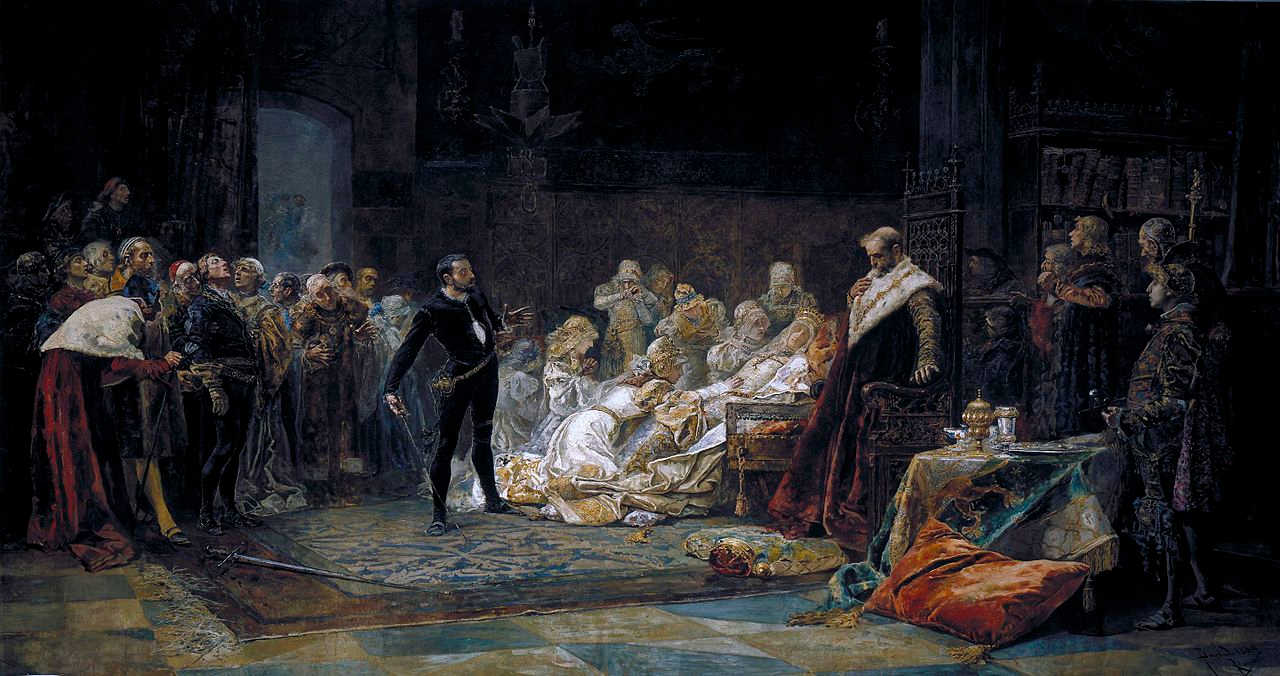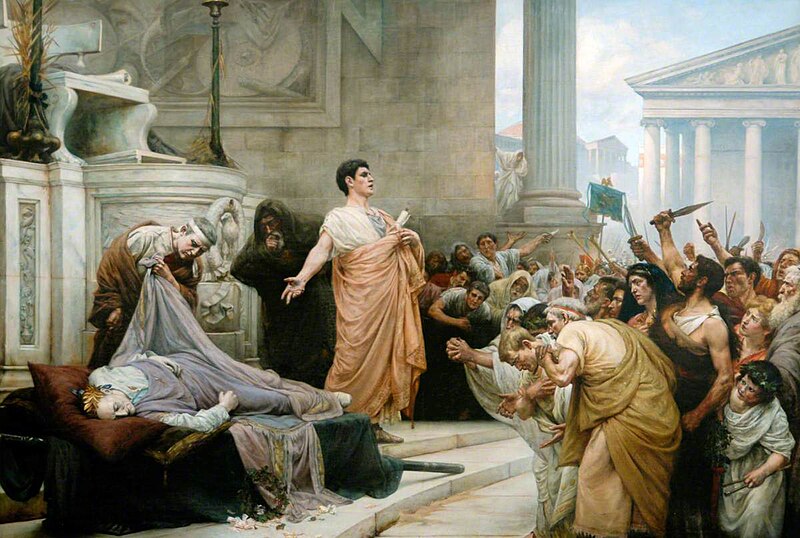
Grip, the talking raven in Dickens’ Barnaby Rudge, was based on a real bird, a pet who lived in the family’s Marylebone home, where she buried items in the garden, terrorized the dog, bit the children, and tore at the family carriage. She died in 1841 after ingesting some lead-based paint, and Dickens wrote her into the novel, which appeared later that year.
Interestingly, when Edgar Allan Poe reviewed the story for Graham’s Magazine, he remarked that “The raven … might have been made more than we see it … Its croaking might have been prophetically heard in the course of the drama.” In 1842, when the two authors met in Philadelphia, Poe was said to be “delighted” that Grip had been based on a real bird.
Poe’s famous poem appeared three years later, and scholars generally agree that Grip had inspired the “ebony bird” — in Dickens’ novel the raven had repeated the phrases “Never say die” and “Nobody” and is described as “tapping at the door” and “knocking softly at the shutter.”
Today Grip’s remains are on display in Philadelphia’s Parkway Central Library, where they may inspire yet more writings.





